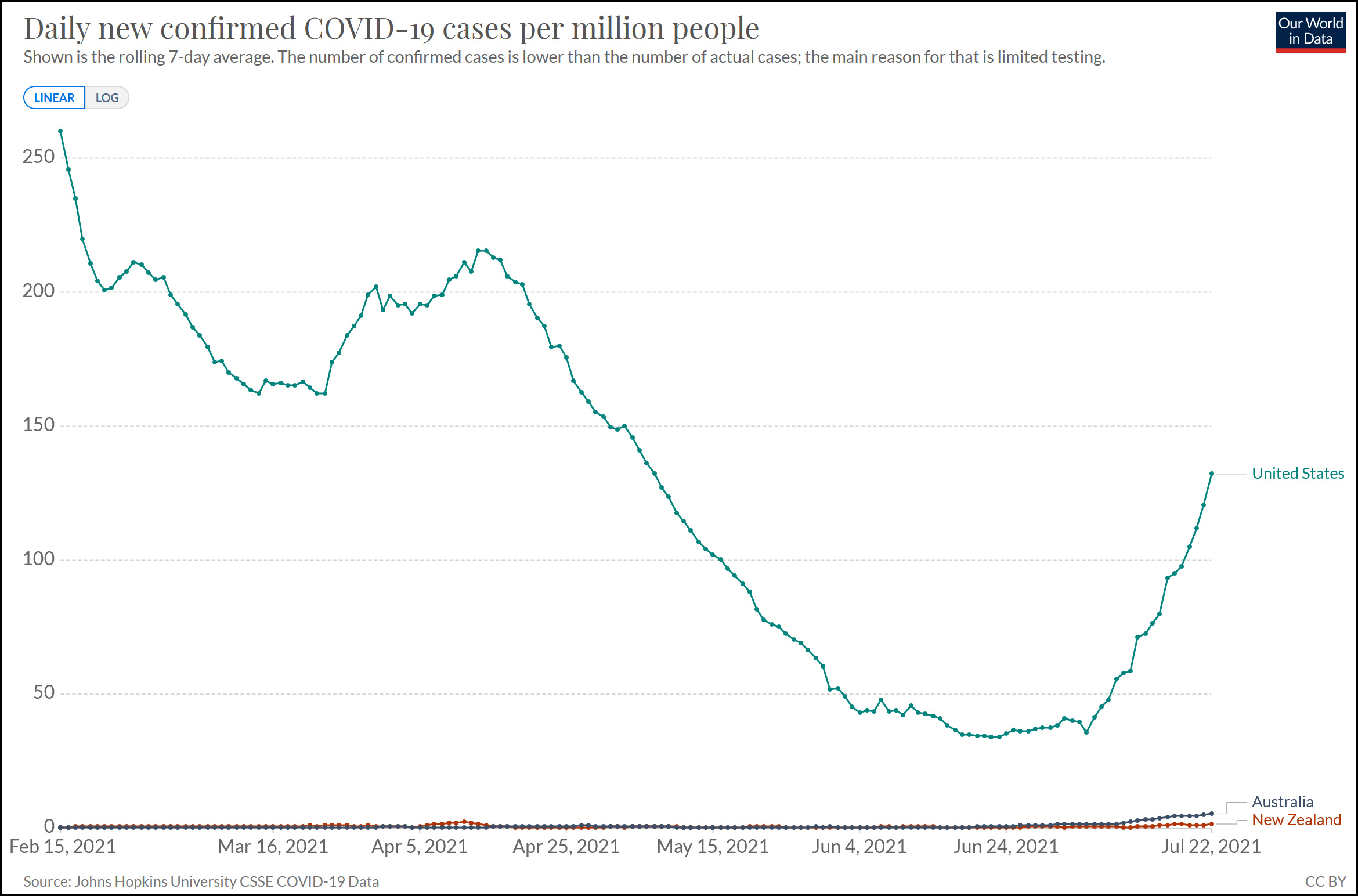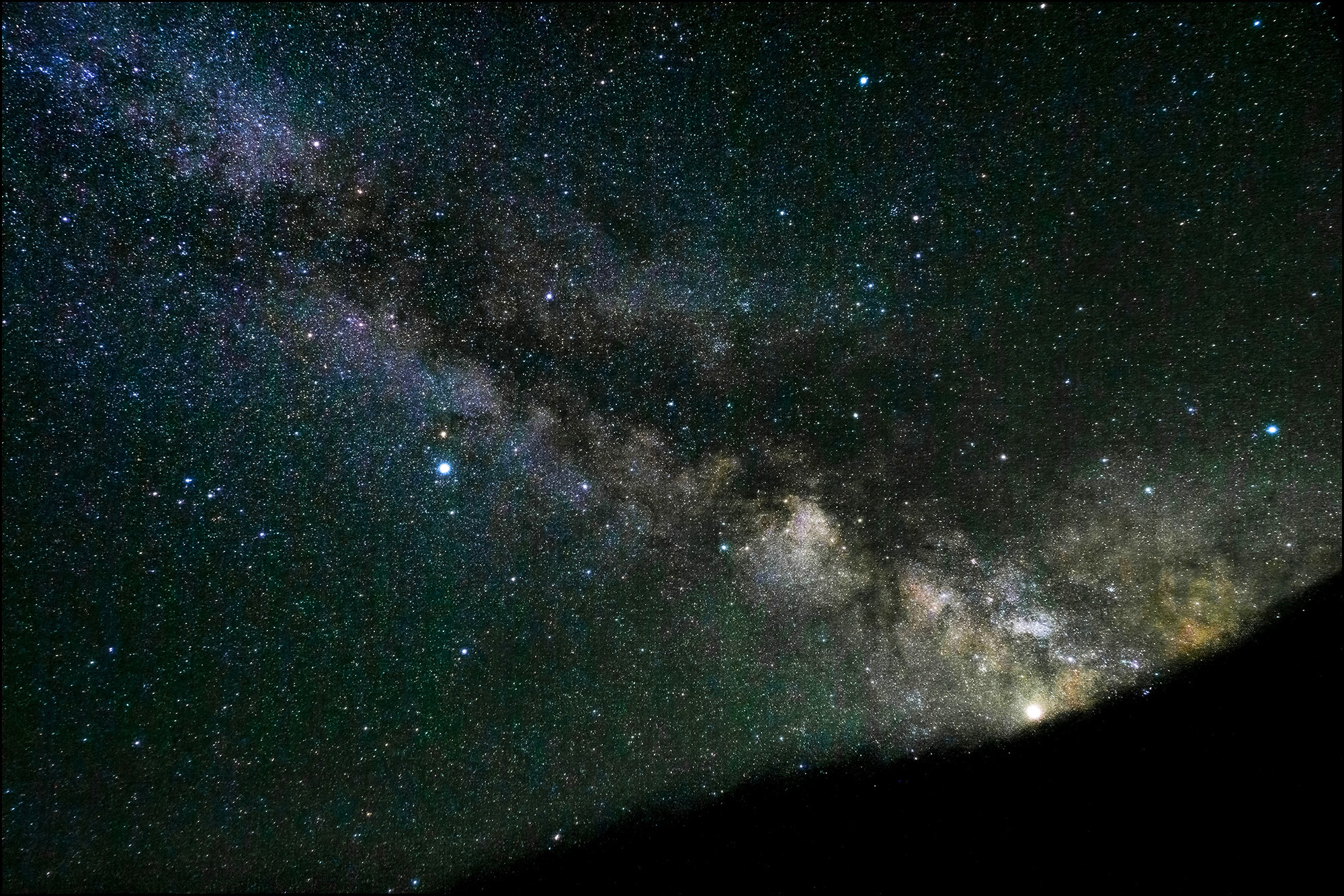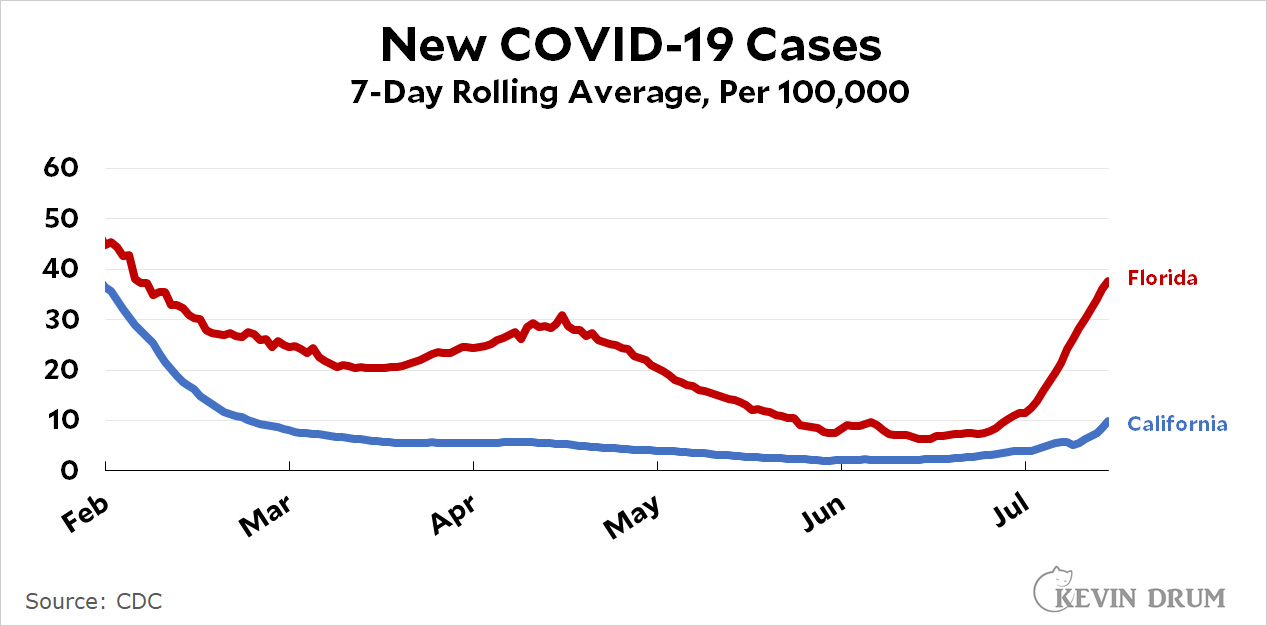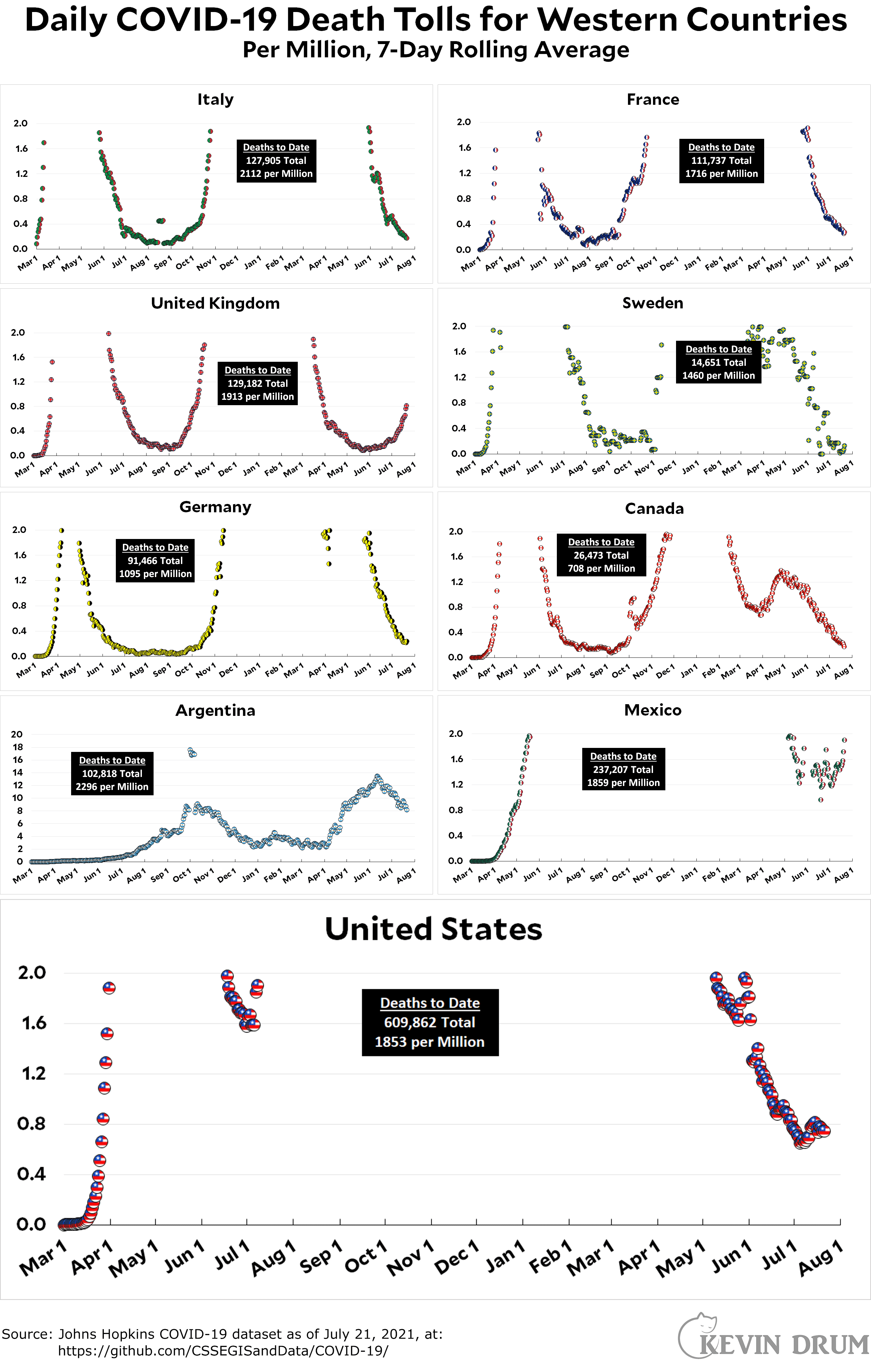This is bad:
Sen. Amy Klobuchar (D-MN) introduced new legislation today that aims to finally hold tech companies responsible for allowing misinformation about vaccines and other health issues to spread online.
The bill, called the Health Misinformation Act and co-sponsored by Sen. Ray Luján (D-NM), would create an exception to the landmark internet law Section 230, which has always shielded tech companies like Facebook, Google, and Twitter from being sued over almost any of the content people post on their platforms.
Klobuchar’s bill would change that — but only when a social media platform’s algorithm promotes health misinformation related to an “existing public health emergency.” The legislation tasks the Secretary of Health and Human Services (HHS) to define health misinformation in these scenarios.
I'm not a fan of Facebook, but that's because of its endlessly dishonest approach to user privacy. At the same time, though, I have to admit that the American public doesn't agree with me. As near as I can tell, the vast majority of Facebook users would be willing to sell every intimate detail of their lives to Facebook in return for $1 off their next purchase from iTunes.
But content is a whole different thing. My guideline here is simple: If you're willing to allow Fox News to do something, then you should be willing to allow Facebook (or Google or Twitter) to do it. If Facebook wants to allow its users to spread vaccine disinformation, that's their right. And the rest of us have the right to fight back against that. We can pressure Facebook, we can boycott Facebook, and we can make Mark Zuckerberg persona non grata in polite company. What's more, President Biden can express any opinion he wants about Facebook. Ditto for every yahoo in Congress.
But government regulation? Forget it. And Amy Klobuchar should forget it too unless she's willing to suggest the same treatment for books, magazines, letters to the editor at the New York Times, and soapbox speeches on the Washington mall.
I have no problem with any kind of (legal) private action against Facebook. I also have no problem with things like antitrust investigations against Facebook. But can't we all agree that the government should stay very far away from any kind of content-based regulation of anyone?





